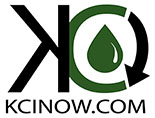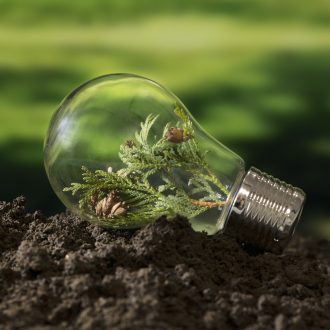
Cars and trucks are the most recycled product in America: according to the EPA, roughly eight million cars and five million trucks are recycled every year by an estimated 7,000 auto salvage/recycling operations nationwide. These facilities can reduce waste by recycling and reduce the amount of metals being produced. Despite these benefits to the environment, there are also a number of risks. The most common auto salvage/recycling activities that expose a pollutant sources include vehicle dismantling, used parts storage, outdoor vehicle and equipment storage/maintenance, parts washing/cleaning area, liquid storage in above ground storage tanks, and illicit connections to storm sewers (wash waters, floor drains, leading storage tanks). These activities can potentially release pollutants such as oil, grease, heavy metals, fuel, and ethylene glycol (anti-freeze: highly toxic!) into local water ways via storm water runoff.
So, how can the auto industry help to prevent these harsh pollutants from entering our water ways? The Clean Water Act regulates storm water runoff from specific industrial business that fall under sectors of the Multi Sector Generic Permit (MSGP). On November 16, 1990 the EPA included salvage yards, battery reclaimers, and automobile recyclers as businesses requiring a MSGPin to regulate storm water discharges associated with industrial activities. The EPA is confident that auto salvage and recyclers can reduce pollutants in storm water runoff from their businesses by developing and implementing a SWPPP (Storm Water Pollution Prevention Plan). The facility is also responsible for monitoring the quality of storm water runoff at each discharge point from the site via visual monitoring water samples and conducting laboratory testing during certain years. A SWPPP should include descriptions of how the business will prevent pollutants in storm water runoff, provide site description, summarize best management practices to be used, and contain reports from facility reviews plus visual water sampling monitoring.
Because each industrial site is different, their SWPPP’s should be unique to that site alone. KCI creates a specialized SWPPP for each site, has the proper training to conduct routine inspections required under the MSGP, and can help with permit renewal. We are also able to collect water samples and complete proper documentation in regard to discharge information. Call KCI today for more information and we will gladly work to keep you in compliance!



